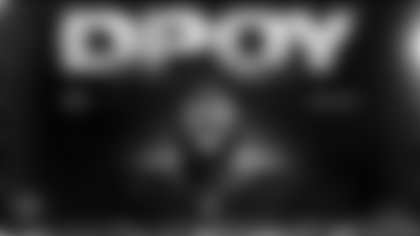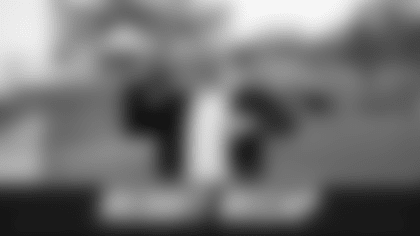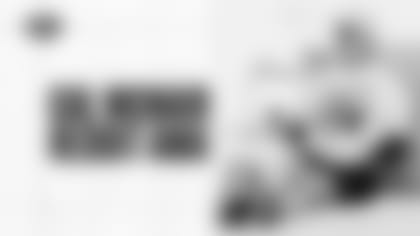Do you need a DETOX diet?
Fad diets come and go. For those of us who are over 21 years old, the fad diets often cycle over and over again, just under a different name. However, a detox (detoxification) diet takes some basic principles of clean eating along with weight loss strategies and adds an additional twist. So, what is detoxification, and do you need it?
The premise of a detox diet is that your organs and digestive system need some help to cleanse your body of impurities and harmful substances. In reality, you have multiple defenses in your gastrointestinal tract to assist in keeping you healthy. The first major line of defense is the acid in your stomach; think about it as the defensive line stopping a runner. The popular press makes the "acid stomach" sound like an undesirable disease. The acidity of your stomach, also known as a low pH, actually kills bacteria. We consume bacteria every day through our hands, utensils and often contaminated foods. Many strains of bacteria can't survive in this acidic environment, and this acidity actually keeps us healthy. The acid stomach also is needed to help absorb iron and the B vitamin, thiamin. Think about that the next time you make antacids a part of your everyday diet! As the food travels to the small intestine, the immune cells in your gut provide the next line of defense, like a linebacker corps. About 70 percent of your immune system is in your small intestine and can attack those bacteria and viruses that sneak through. The final line of detox is your liver. The liver's main job in the detoxification process is to filter blood and eliminate toxins and chemicals and to metabolize drugs, the final line of defense. Sounds a bit like the secondary, doesn't it?
An internet search for detox diets produces results that range from good science to bizarre. The good science focuses on supporting the function of the primary organs involved and providing good common-sense nutrition. The stomach is vulnerable to insults from excessive alcohol and the overuse of non-steroidal anti-inflammatory drugs and tobacco. Moderation of these substances allows for the lining of the stomach to function optimally. Your small intestine benefits from adequate fiber from whole grains, beans, fruits and vegetables. Probiotics, found in yogurt, can also protect the immune cells in your small intestine allowing them to do their job. Your liver needs a variety of anti-oxidants found in super foods such as berries, green tea, broccoli and cabbage. All fruits and vegetables provide anti-oxidants, so make sure to have a good variety. Controlling your weight and limiting your alcohol consumption are two of the most important ways to keep your liver healthy and well.
Bizarre and often dangerous detox diets use fasting, starvation and colonics, a form of an enema to clean your system. When you fast or follow a really low-calorie diet, you will lose some muscle as part of the process. Also, the initial weight loss is mainly fluid, and this will be regained when the fast is over. Colonics often contain herbs, minerals and other compounds to flush the large intestine. These colonics are often administered by unlicensed personnel, and I have seen disastrous consequences from some colonics. Remember the adage, "If it sounds too good to be true, it is!" Following sound principles of good nutrition is the most valuable detox diet around. Be healthy, be well and eat like a Texan!














